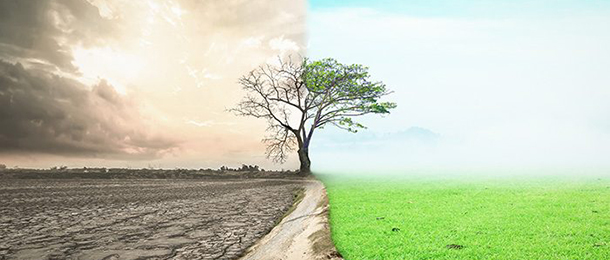A leading economist has identified certain factors that indicate that perhaps the worst effects of the recession Australia is experiencing may already be over.
BetaShares chief economist David Bassanese said: “The government-imposed shutdowns likely caused the sharpest and shortest economic contraction in history, spanning just the months of March and April.”
However, Bassanese pointed out this does not mean the Australian economy will be able to avoid experiencing more pain in the coming months.
“To the extent recession is defined as a period of subpar economic growth and persistent very high unemployment, then challenging times will likely persist for at least another six months to one year,” he predicted.
He reminded people the COVID-19 pandemic has only served to exacerbate issues, such as weak business investment and consumer spending and a fall in housing construction, that had already negatively impacted the economy.
Further, he warned Australians not to be too optimistic about the effect the lifting of the coronavirus shutdown conditions across the country might have.
“While we may see a short-term bounce in economic activity from depression conditions as social distancing restrictions ease, the ongoing risk of second waves likely mean global business and consumer spending settle back to a quite subdued pace over the following months thereafter,” he said.
With regard to policy considerations, he noted another reduction in official interest rates may not achieve the results intended from this type of move.
“The RBA (Reserve Bank of Australia) may still be tempted to flirt with negative interest rates if the A$ strengthens further, [but] it is perhaps better off pleading with other central banks not to pursue this zero-sum game of competitive currency depreciation. It’s not helpful to the banking sector and risks further inflating a dangerous bubble in equity market valuations,” he said.
In addition, he cautioned the domestic economy might still be affected by policy decisions made offshore.
“Australia is very well placed to handle further virus outbreaks, but the same can’t be said for other major economies, such as the United States. Sadly, therefore, we won’t be immune to the risk of poorer policy responses elsewhere,” he noted.


